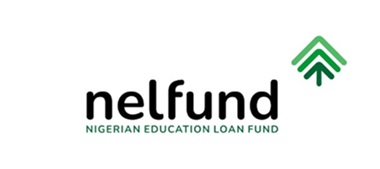The Nigerian Education Loan Fund (NELFUND) has recently announced a 14-day postponement in the application process for student loans for state institutions. This delay, attributed to low data submissions from state-owned institutions, underscores the complexities involved in managing and processing educational financial aid.
The postponement was a necessary measure taken by NELFUND due to the failure of several state-owned institutions to upload the required student data and fees information to the NELFUND Student Verification System (SVS). As of now, a fraction of the institutions have met the requirements, with 20 state universities, 12 state colleges, and 2 state polytechnics having successfully completed the data submission process.
The importance of this data cannot be overstated, as it is crucial for a seamless and accurate verification process for student loan applicants. The initial application window, which was set to open on , will now commence on . This extension is intended to provide additional time for state institutions to comply with the data submission requirements, ensuring that their students are not deprived of the opportunity to benefit from the Federal Government's student loan scheme.
For an efficient and error-free application process, it is imperative that all state institutions provide complete and accurate information, including JAMB numbers, matriculation numbers, admission numbers, full names, levels, faculties, departments, duration of programs, fees, and gender of all eligible students. Incomplete or incorrect data submissions could lead to application delays and potential disqualification for affected students.
NELFUND's decision highlights the fund's commitment to facilitating access to education through financial support. It also serves as a reminder of the collective responsibility of educational institutions to ensure the accuracy of the information provided. Institutions that fail to meet the revised deadline risk disadvantaging their students, who rely on these loans for educational support.
The situation calls for a concerted effort from all parties involved to expedite their data submission processes. It is a critical moment for the educational sector to demonstrate its ability to adapt and respond to challenges, ensuring that no student is left behind due to administrative hurdles.
As the new application window approaches, the hope is that all institutions will rise to the occasion, fulfilling their obligations and enabling a smooth transition into the next phase of the student loan application process. The future of many students depends on it.

